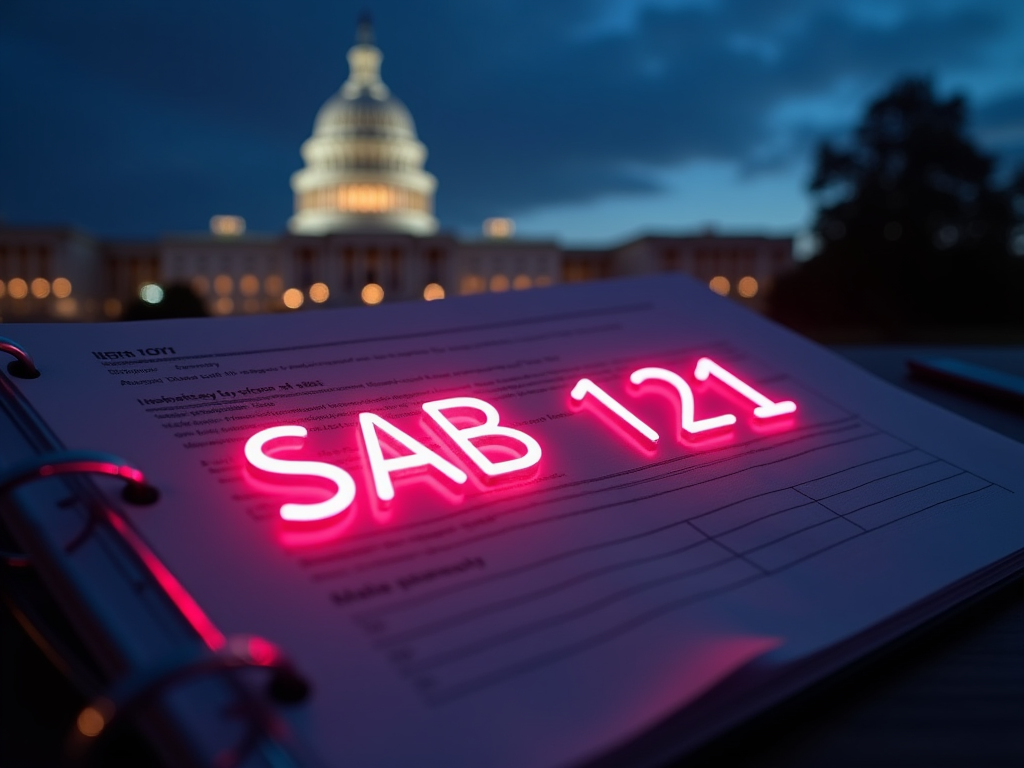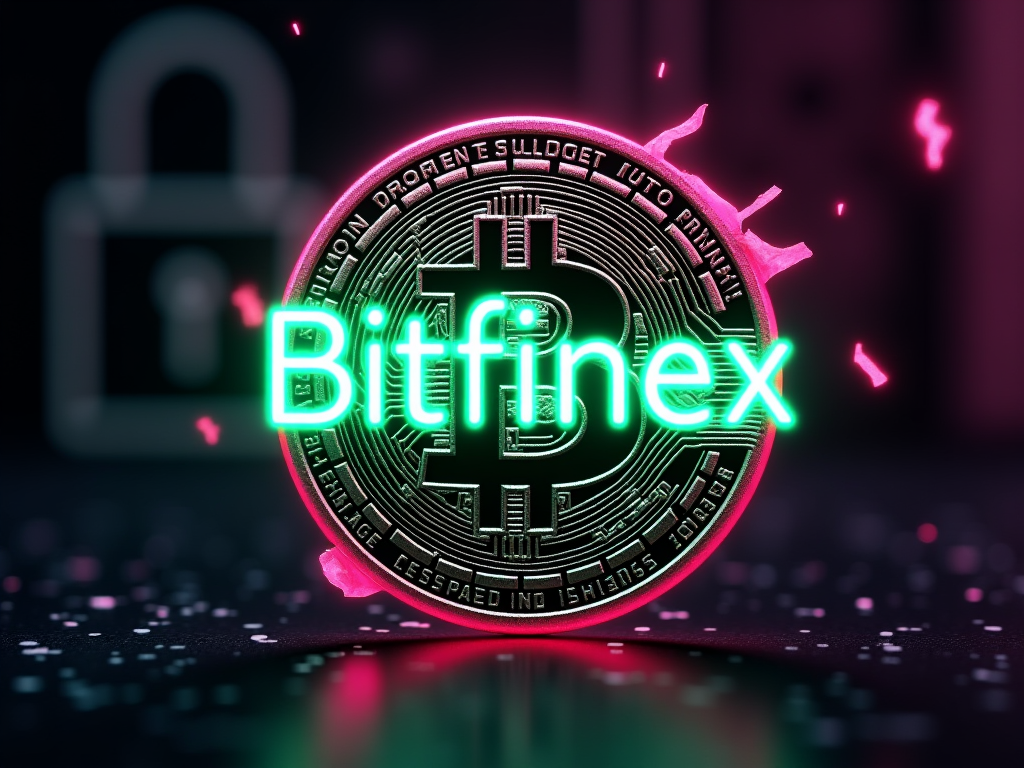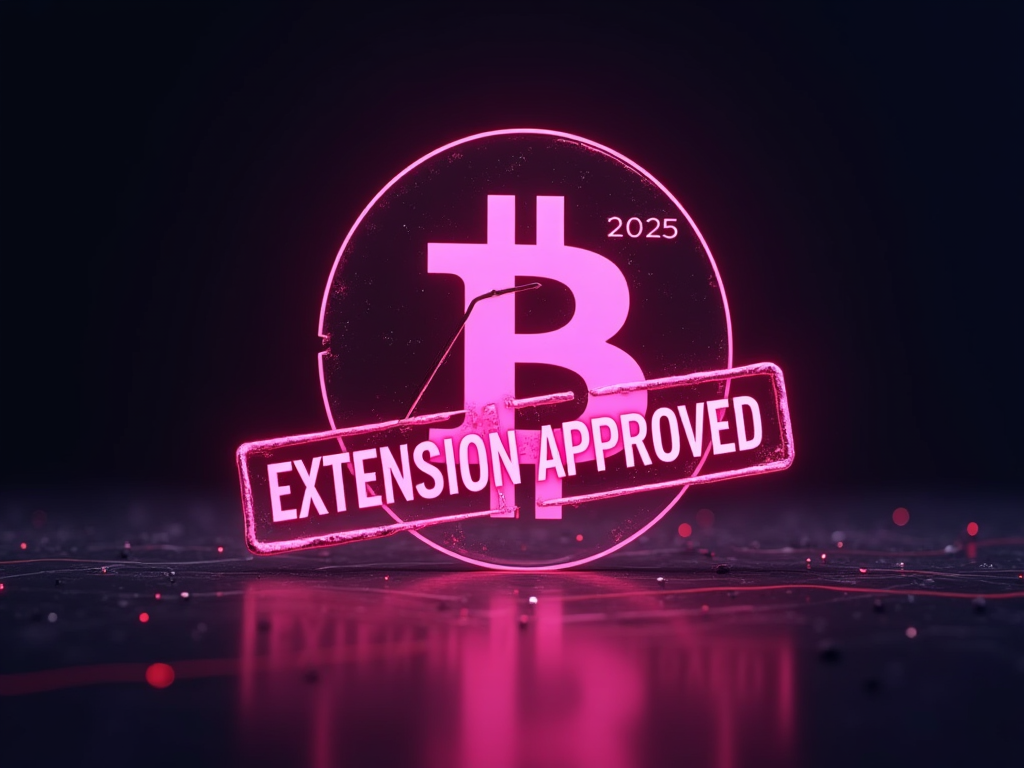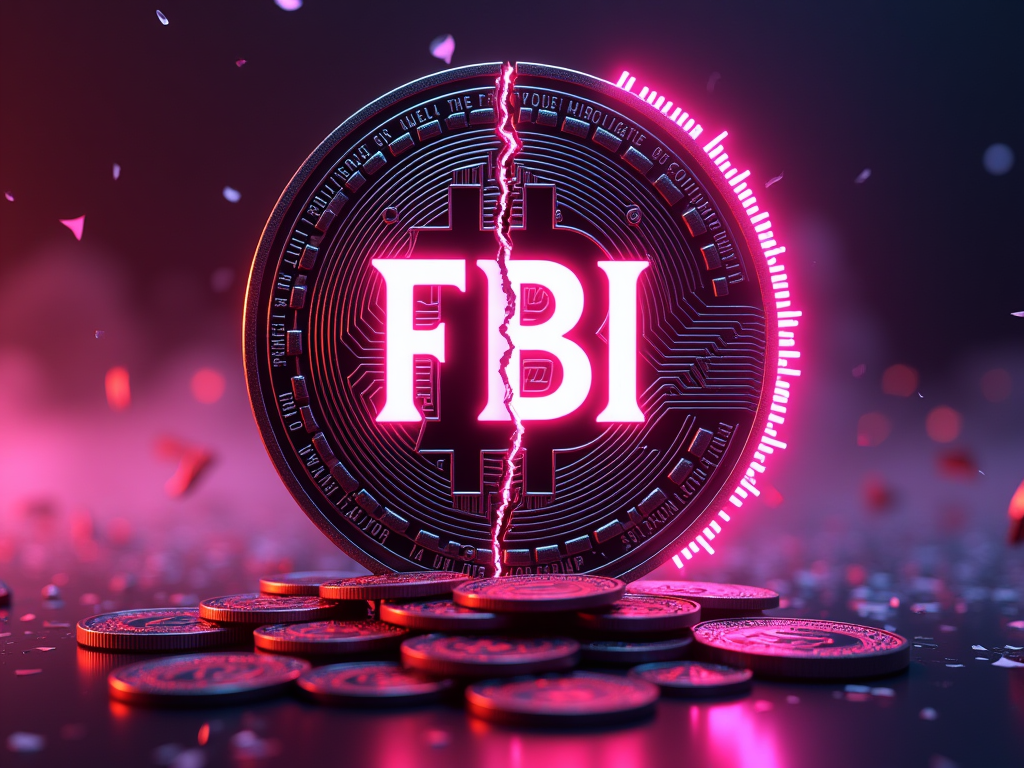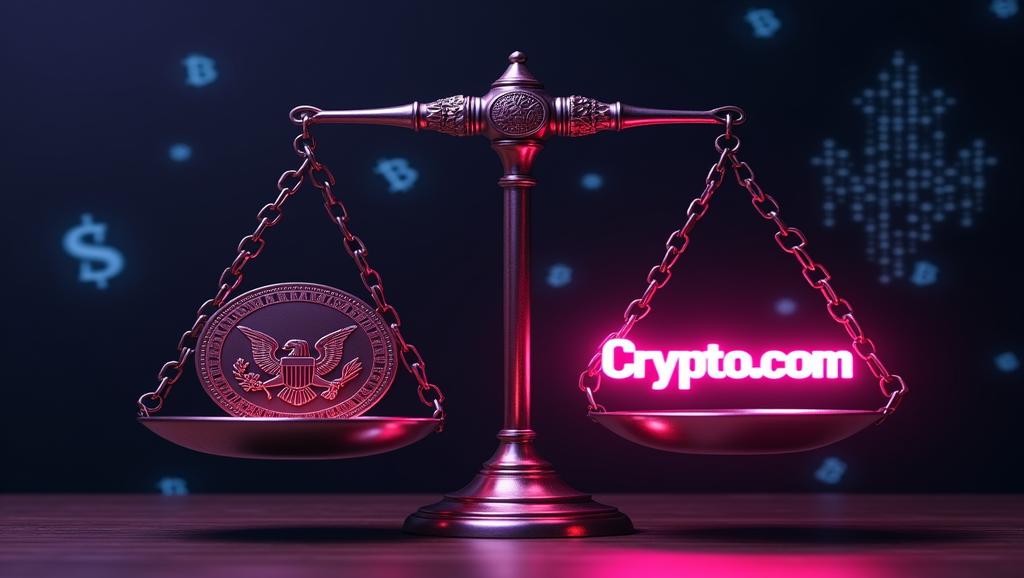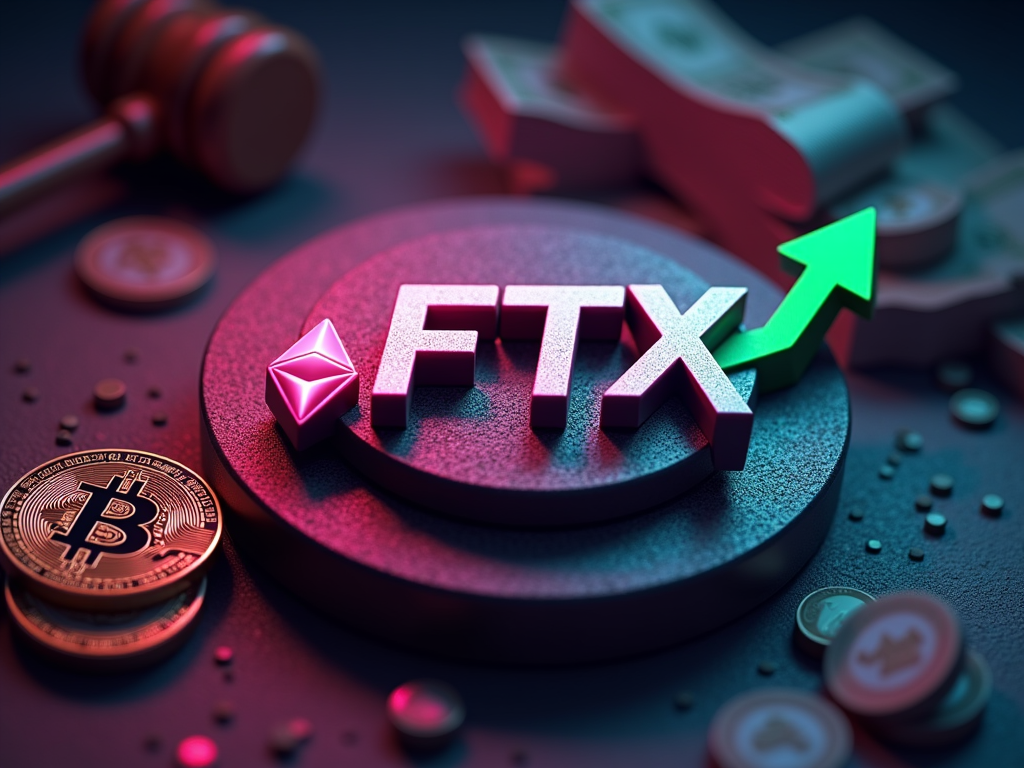Key Points
- Over 40 U.S. Republican lawmakers have called on SEC Chair Gary Gensler to rescind Staff Accounting Bulletin No. 121 (SAB 121), issued in March 2022.
- SAB 121 requires entities safeguarding crypto assets to recognize these assets as both a liability and a corresponding asset on their balance sheets, diverging from traditional custodial practices.
In a significant move, more than 40 United States Republicans have penned a letter to Securities and Exchange Commission (SEC) Chair Gary Gensler, urging the regulatory body to rescind its controversial Staff Accounting Bulletin No. 121 (SAB 121). The guidance, issued in March 2022, significantly impacts the accounting treatment of cryptocurrencies held by custodians and has been labeled “disastrous” by the lawmakers.
The letter, dated September 23, 2024, was spearheaded by House Financial Services Committee Chair Patrick McHenry and Senator Cynthia Lummis. It follows a recent attempt to repeal SAB 121 through legislation that received bipartisan support before being vetoed by President Joe Biden in June.
Understanding SAB 121 and Its Implications
SAB 121 requires entities safeguarding crypto assets for platform users to recognize these assets as both a liability and a corresponding asset on their balance sheets. This approach differs from traditional custodial arrangements where off-balance sheet treatment is common. The SEC’s rationale for SAB 121 is to reflect the unique technological, legal, and regulatory risks associated with crypto custody, including potential hacks, unclear property rights, and evolving regulatory landscapes.
However, critics argue that this guidance has far-reaching implications for the crypto industry. It complicates the ability of banks and financial institutions to offer digital asset custody services by potentially increasing capital requirements and operational costs. Opponents claim that SAB 121 could push crypto custody towards less regulated entities, potentially increasing risks for consumers rather than mitigating them.
Concerns Over Procedural Issues and Industry Impact
The lawmakers raised several concerns about SAB 121, including its issuance process and potential impact on the crypto industry. They argue that the SEC bypassed proper procedures by releasing the guidance without consulting prudential regulators or following the notice and comment rulemaking process required by the Administrative Procedure Act (APA).
“By issuing this rule under the guise of staff guidance, the SEC evaded the notice and comment rulemaking process required by the Administrative Procedure Act,” the politicians stated in their letter.
Call for Consistency and Financial Innovation
A particular point of criticism in the letter is the SEC’s Office of Chief Accountant’s (OCA) handling of SAB 121 implementation. The lawmakers allege that the OCA has been working with certain institutions to avoid balance sheet reporting requirements, potentially leading to inconsistent application across different entities.
The letter also highlighted concerns raised by Democrat House Rep Wiley Nickel, who previously claimed that SAB 121 would prevent U.S. banks from custodying cryptocurrency exchange-traded products at scale, consequently creating a “concentration risk” by handing more control over to non-bank entities.
The signatories, largely comprising Republican members from the House of Financial Services and Senate Committee on Banking, Housing and Urban Affairs, urged Chair Gensler to rescind SAB 121. They argue that this action is necessary to protect consumers, foster financial innovation, and ensure consistent application of accounting standards in the rapidly evolving cryptocurrency landscape.
As the crypto industry continues to grow and integrate with traditional finance, the outcome of this high-profile disagreement could have far-reaching implications for digital asset custodians, investors, and the broader cryptocurrency market. The controversy surrounding SAB 121 highlights the ongoing challenges in regulating the rapidly evolving cryptocurrency sector and the tension between fostering innovation and ensuring adequate consumer protection. The House of Financial Services Committee’s upcoming hearing with the SEC on September 24 may provide further insights into this ongoing regulatory debate.
